In the pursuit of timeless charm and cozy living spaces, cottage-style architecture offers a delightful blend of comfort, warmth, and elegance. Embracing the quaint aesthetics of rural homes, cottage-style architecture evokes a sense of nostalgia while providing modern comforts. Here’s a comprehensive guide on how to bring the essence of a cottage-style home into your abode.
Defining Cottage Style
Cottage style explores a cozy, charming aesthetic that invites you to kick off your shoes and stay awhile. Rooted in cottage history, this style echoes a simpler time, blending comfort with rustic elements. It’s not just about the look; it’s about creating a feeling of warmth and welcome. As you investigate cottage history, you’ll find its beginnings are humble, originating from the quaint dwellings of rural England. These homes were traditionally built for agricultural workers, their small, practical designs emphasizing efficiency and simplicity. Yet, what they lacked in size, they made up for in character.
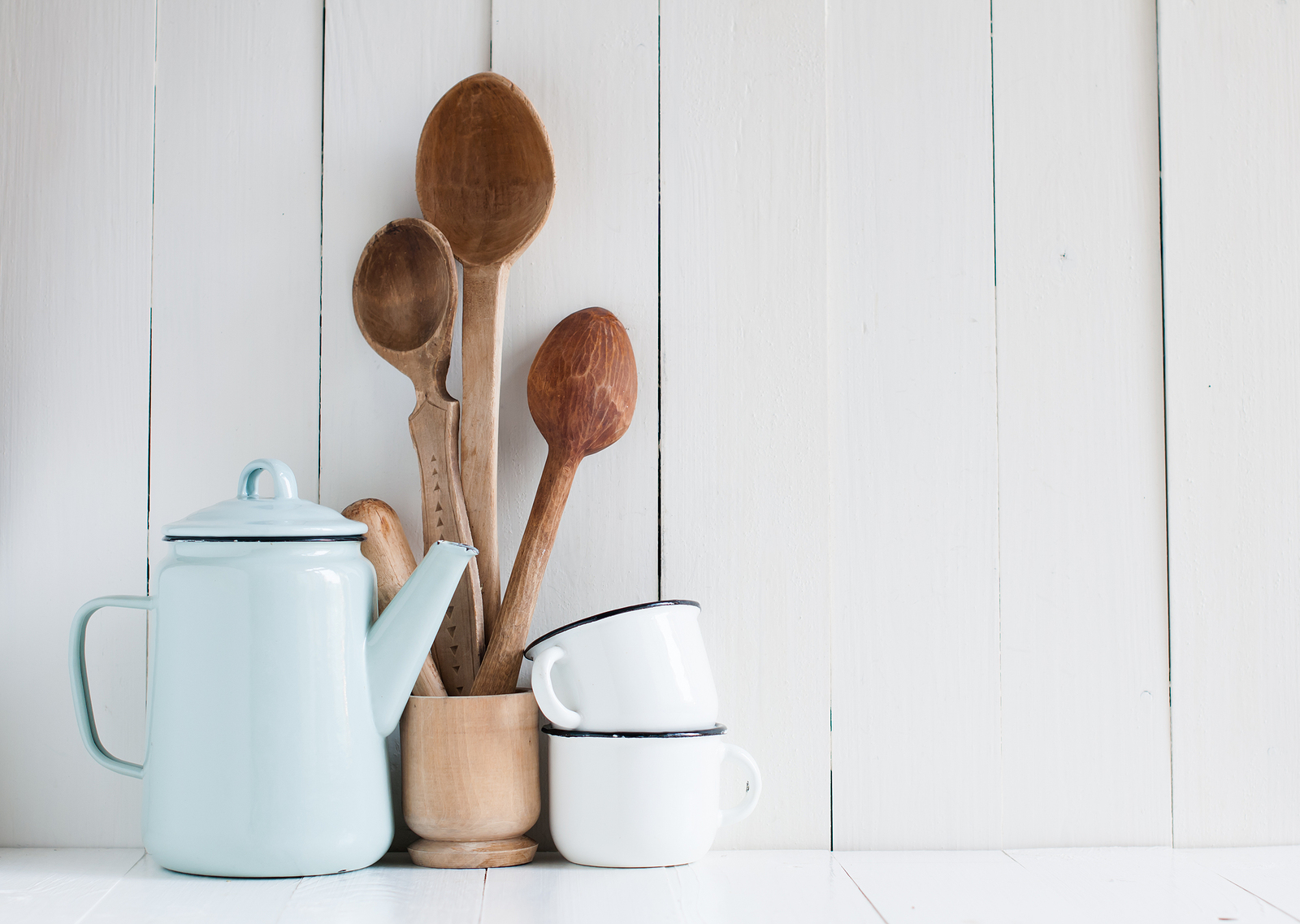
Throughout the years, the style’s evolution has embraced these foundational elements, adapting to include a mix of vintage and shabby chic influences that add layers of personality. Think whitewashed walls, exposed beams, and a mishmash of patterns and textures that somehow work together harmoniously. The evolution of cottage style reflects a shift towards valuing comfort and authenticity in home design. It’s a reminder that beauty often lies in simplicity and that creating a welcoming space is about weaving together history, personality, and a touch of whimsy.
Choosing the Right Location
After exploring the charm of cottage style, it’s time to contemplate where your dream home will take root. Choosing the right location is as important as the design itself, as it influences not just the lifestyle you’ll lead but also the feasibility and legalities surrounding your dream home’s construction. Before you get lost in the picturesque visions of your future cottage, consider the following:
- Zoning Regulations: Every area has its own set of rules determining what can be built and where. It’s important to understand these local zoning regulations to make sure your cottage meets them. This step can save you from potential legal headaches and help streamline the building process.
- Market Trends: Keeping an eye on the real estate market trends in your desired location can offer insights into the best times to buy. It can also alert you to emerging areas that might offer the perfect backdrop for your cottage home without breaking the bank.
- Natural Surroundings: Imagine waking up to a gentle breeze, a serene lake view, or amidst a lush forest. The right location doesn’t just comply with regulations and make financial sense; it also captures the essence of cottage living by harmonizing with nature. Choosing a location is a balancing act between your dreams, practicalities, and legal requirements. By considering zoning regulations, market trends, and the natural beauty of potential sites, you’re one step closer to making your dream cottage a reality.
Planning Your Layout
Once you’ve identified the perfect location, it’s time to immerse yourself in planning the layout of your dream cottage home. Room size and traffic flow are important factors to think about to make sure your cottage isn’t just beautiful but also functional. You’ll want to start by sketching a preliminary floor plan that thoughtfully allocates space to each room according to your lifestyle. Remember, it’s not just about the square footage but how each room connects to the others. When you’re contemplating room sizing, think about the purpose of each space. Your living room might need to be spacious for entertaining, while bedrooms could be cozier for a more intimate feel. It’s all about balancing your needs with the cottage charm you’re aiming for.
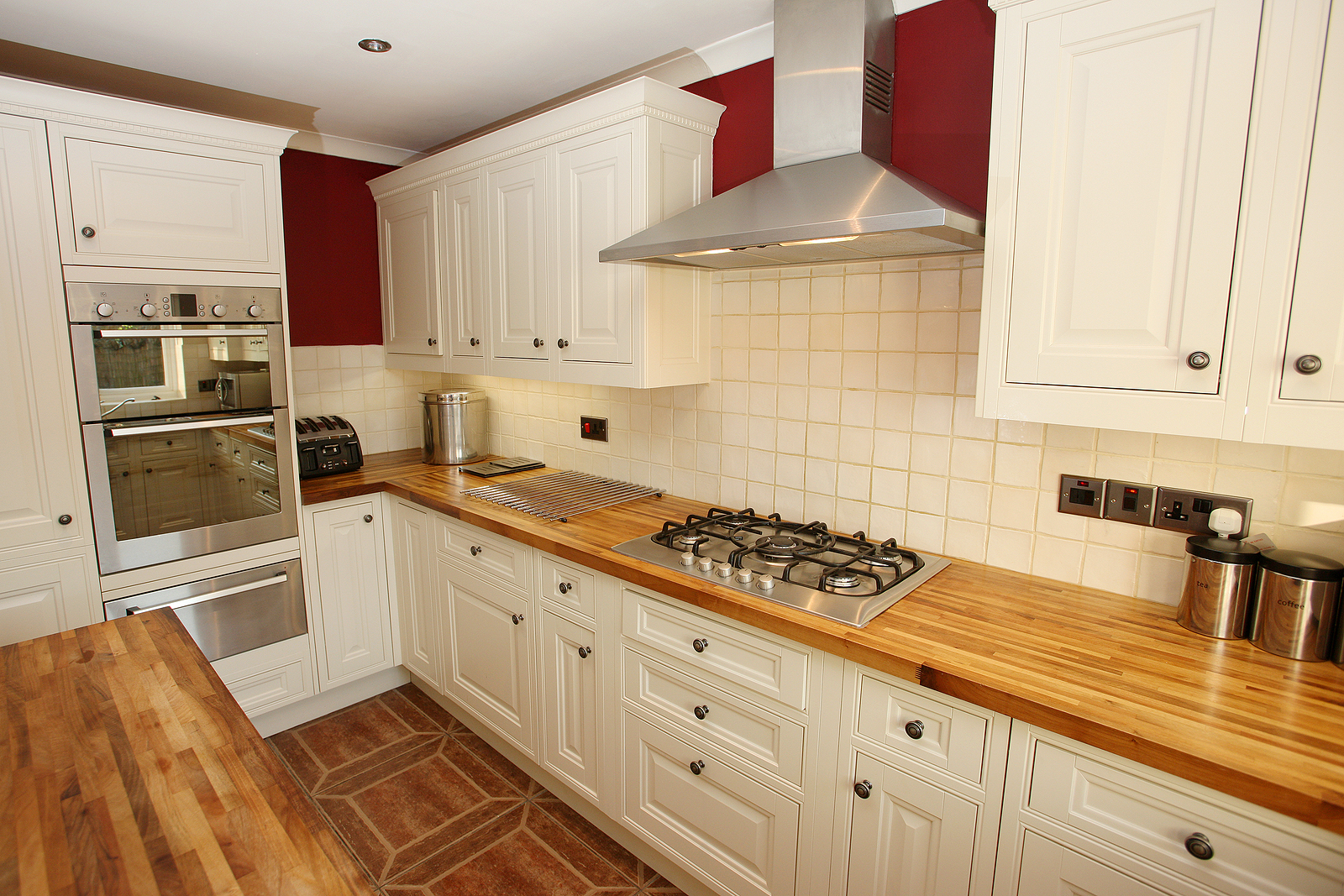
Traffic flow is another critical aspect. You’ll want to ensure a natural movement throughout the house, with no awkward crossings or bottlenecks. Plan the layout so that frequently used rooms are easily accessible, encouraging a smooth progression from one space to another. This planning stage is your chance to meld functionality with the quaint, cozy aesthetics of cottage living, setting the stage for a home that’s as comfortable as it’s charming.
Selecting Exterior Materials
Having outlined your dream cottage’s layout, it’s now time to focus on selecting the right exterior materials that will encapsulate its charm and durability. The materials you choose play a pivotal role in not only defining the aesthetic appeal of your cottage but also in guaranteeing its longevity and resistance to the elements. Hence, a balance between durability considerations and cost analysis is essential.
- Wood Siding: Wood offers a timeless look that’s quintessential for cottage-style homes. It brings warmth and a natural aesthetic that’s hard to replicate with other materials. However, it requires regular maintenance to protect against weathering and pests. When considering wood, factor in the long-term maintenance costs alongside the initial investment.
- Stone Veneer: For those seeking a rustic charm with a touch of elegance, stone veneer is an excellent choice. It’s durable against harsh weather conditions and provides an extra layer of insulation. Its cost analysis reveals a higher upfront cost compared to other materials, but minimal maintenance needs can offset these initial expenses over time.
- Fiber Cement Siding: Balancing durability considerations with cost analysis, fiber cement siding stands out. It mimics the look of wood or stone but at a fraction of the cost and with much less upkeep. It’s resistant to fire, rot, and pests, making it an ideal choice for a worry-free exterior. Selecting the right exterior materials involves weighing the aesthetics, durability considerations, and cost analysis to make sure your dream cottage not only looks enchanting but also stands the test of time.
Designing Cozy Interiors
Moving inside your cottage, it’s essential to concentrate on creating a cozy ambiance. Choosing comfortable furniture, selecting warm lighting, and embracing natural materials are key steps you’ll want to contemplate. Each element plays a unique role in crafting the warm, inviting interior you’re dreaming of.
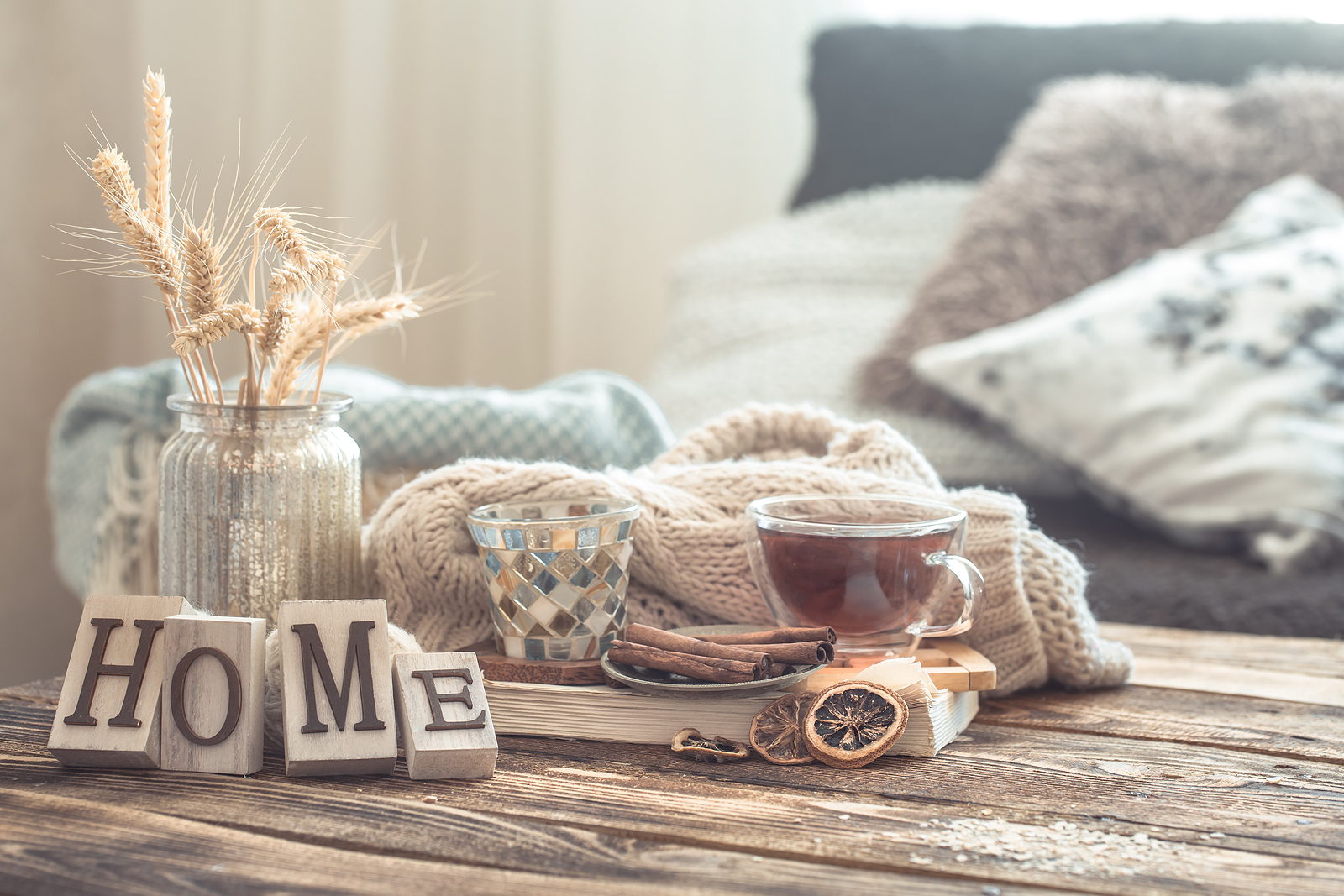
Selecting Comfortable Furniture
To create a cozy interior, you’ll need to focus on selecting furniture that guarantees both comfort and style. Ergonomic design is crucial; it guarantees that furniture not only looks good but feels great too. Color psychology plays a significant role as well, influencing mood and atmosphere through your choice of hues. Imagine sinking into:
- A plush, overstuffed sofa that cradles your body in comfort, upholstered in soft, warm tones that soothe the soul.
- A reclining chair that perfectly supports your back and legs, invites relaxation and well-being.
- A charming, vintage-inspired ottoman that doubles as a cozy footrest and a delightful accent piece, adds layers of texture and interest to your space. These pieces combine to create an inviting space where comfort meets chic, embodying the essence of cottage style living.
Warm Lighting Choices
Exploring the latest lighting trends is essential for creating a cozy, cottage-style ambiance in your home. Delve into the latest lighting trends to find fixtures that emit a warm, inviting glow. Soft, diffused light sources are your go-to, creating an environment that feels both welcoming and intimate. Consider the bulb types carefully; LED bulbs labeled ‘warm white‘ or ‘soft white‘ offer the perfect hue, mimicking the golden glow of sunset. These bulbs aren’t just about setting the right mood; they’re also energy-efficient, ensuring your cottage home remains both charming and eco-friendly. Steer clear of harsh, bright lights. Instead, opt for layered lighting solutions—wall sconces, table lamps, and floor lamps—to achieve a gentle illumination that enhances the cozy vibe of your space without overwhelming it.
Embracing Natural Materials
After exploring the impact of warm lighting, it’s time to focus on how incorporating natural materials can further enhance the cozy atmosphere of your cottage-style home. Embracing natural materials isn’t only about adhering to minimalist trends but also about urban adaptation, creating a space that feels both timeless and grounded. To create imagery in your mind:
- Imagine floors of warm, honey-toned wood that seem to glow underfoot.
- Picture walls accented with stone or reclaimed brick, adding texture and depth.
- Imagine rustic wooden beams overhead, lending an architectural nod to nature’s strength. These elements combine to create a serene backdrop that’s at once simple and sophisticated, bridging the gap between the rustic charm of cottage living and the sleek appeal of urban design.
Incorporating Natural Elements
Bringing the outdoors inside is a key step in achieving the quintessential cottage style home. It’s not just about embracing natural materials, as discussed before, but also about creating a seamless connection between your indoor spaces and the natural world outside. Think of your home as an extension of your outdoor adventures, where each room reflects a love for nature and wildlife integration. Incorporating natural elements goes beyond placing a few potted plants around your home. It involves using larger, statement pieces like a reclaimed wood dining table or a stone fireplace hearth that immediately draw the eye and ground the room with an earthy feel. Consider installing large windows or skylights to not only flood your cottage with natural light but also to offer unobstructed views of the outdoors. This creates a sense of being immersed in nature, even when you’re indoors. Don’t shy away from incorporating wildlife elements into your decor. Whether it’s through art, textiles, or other decorative items, adding representations of birds, forest animals, or even aquatic life can enhance the feeling of being connected to nature. It’s about creating a space that reflects your appreciation for the outdoors and encourages relaxation and rejuvenation.
Focusing on Landscaping
Moving beyond the interior, let’s turn our focus to landscaping, an essential aspect of achieving a dream cottage style home that blends seamlessly with its natural surroundings. The right outdoor elements not only enhance your home’s aesthetic appeal but also create a serene and inviting atmosphere. Here’s how you can incorporate landscaping to complement your cottage style:
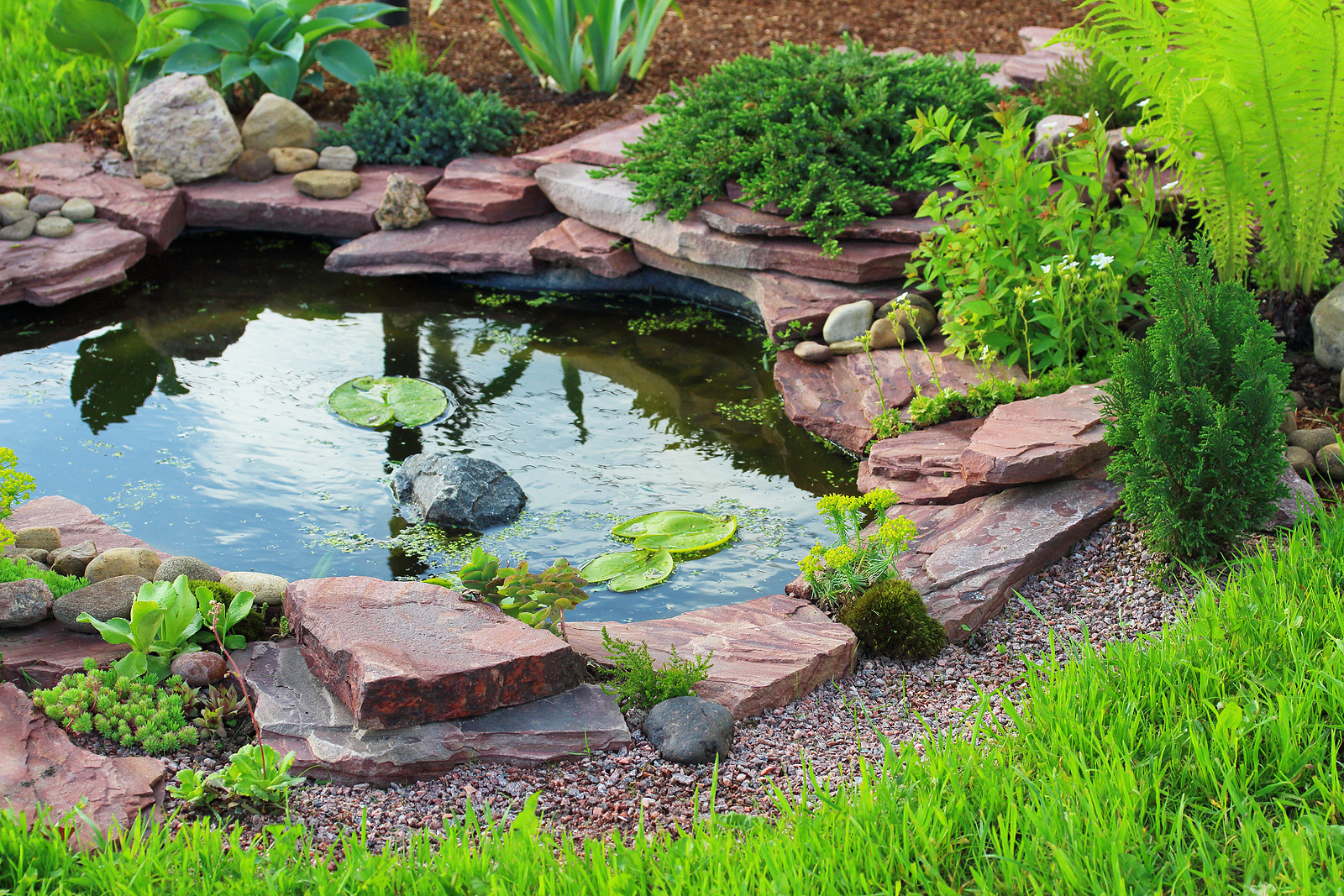
- Water Features: A small, gently babbling fountain or a quaint pond can be the centerpiece of your garden, adding a sense of tranquility and attracting wildlife. Imagine the soothing sound of water as you relax in your outdoor haven.
- Garden Paths: Winding paths made of natural stone or reclaimed brick invite exploration and add a whimsical touch. Line them with fragrant flowers and soft, low-growing herbs to engage the senses as you meander through your garden.
- Flower Beds and Shrubbery: Choose a mix of perennial flowers and shrubs that bloom at different times of the year for continuous color and texture. Opt for native plants that thrive in your climate to guarantee low maintenance and sustainability.
Adding Personal Touches
Now that your cottage’s landscaping sets the perfect scene, it’s time to make the interior truly yours. You can start by selecting unique decor items that reflect your taste, incorporating family heirlooms for a personal touch, and crafting DIY accents to add originality. These steps guarantee your cottage style home not only looks beautiful but also tells your unique story.
Selecting Unique Decor Items
To inject your unique personality into your cottage style home, start by selecting decor items that reflect your individual taste and story. Art collecting isn’t just a hobby; it’s a way to surround yourself with beauty that speaks to you. Consider the principles of color psychology when choosing your pieces, ensuring they evoke the right mood and atmosphere.
- Vintage Finds: Scour flea markets for those one-of-a-kind vintage lamps or rugs that nobody else has.
- Custom Artwork: Invest in artwork from local artists that resonates with your personal narrative.
- Handcrafted Pottery: Display handcrafted pottery that adds texture and a touch of earthiness, complementing the cottage aesthetic. These choices not only personalize your space but also create a haven that truly feels like home.
Implementing Family Heirlooms
After exploring unique decor items, consider the warmth and history that family heirlooms can bring to your cottage style home. Introducing these treasures adds a personal touch that truly makes your space your own. Heirloom restoration plays a key role in this process. It’s not just about safeguarding these items; it’s about integrating them into your daily life while maintaining their original charm. Whether it’s refinishing an old wooden table or reupholstering a vintage chair, each piece tells a story. Additionally, digital archiving offers a modern way to preserve the stories behind these items. It guarantees that the tales of your cherished heirlooms can be passed down through generations, enriching the soul of your home with memories and history that resonate deeply with you and your loved ones.
Crafting DIY Accents
Embracing the art of crafting DIY accents allows you to infuse your cottage style home with unique, personal touches that reflect your creativity and style. By honing in on color techniques and careful tool selection, you can create pieces that truly stand out. Consider these ideas:
- Hand-painted ceramic vases using watercolor techniques for a soft, dreamy look. Select brushes that allow for delicate strokes.
- Custom textile throw pillows feature embroidery or fabric dyeing. Opt for tools like embroidery needles or fabric markers that offer precision.
- Reclaimed wood picture frames stained with your choice of color. Use sanding tools to age the wood, enhancing its rustic charm. These projects not only personalize your space but also imbue it with a sense of warmth and welcome unique to your vision.
Embracing Sustainability
Integrating sustainable practices into your cottage style home not only benefits the environment but also enhances your living space’s efficiency and aesthetics. By focusing on renewable energy and water conservation, you’re making strides towards a greener future while maintaining the charming essence of cottage living. Solar panels, for example, can be seamlessly incorporated into your roof design, providing a clean energy source that powers your home without compromising its picturesque appearance. Similarly, rainwater harvesting systems blend into your garden landscape, offering an eco-friendly solution for watering plants and reducing your water footprint. But sustainability doesn’t stop there. Opting for locally sourced, natural materials for your construction and decor not only supports the local economy but also reduces the environmental impact associated with long-distance transportation. Think reclaimed wood for beams and floors, which adds character while being kind to the planet. Additionally, installing energy-efficient windows and insulation keeps your home warm in winter and cool in summer, slashing energy bills and further reducing your carbon footprint.
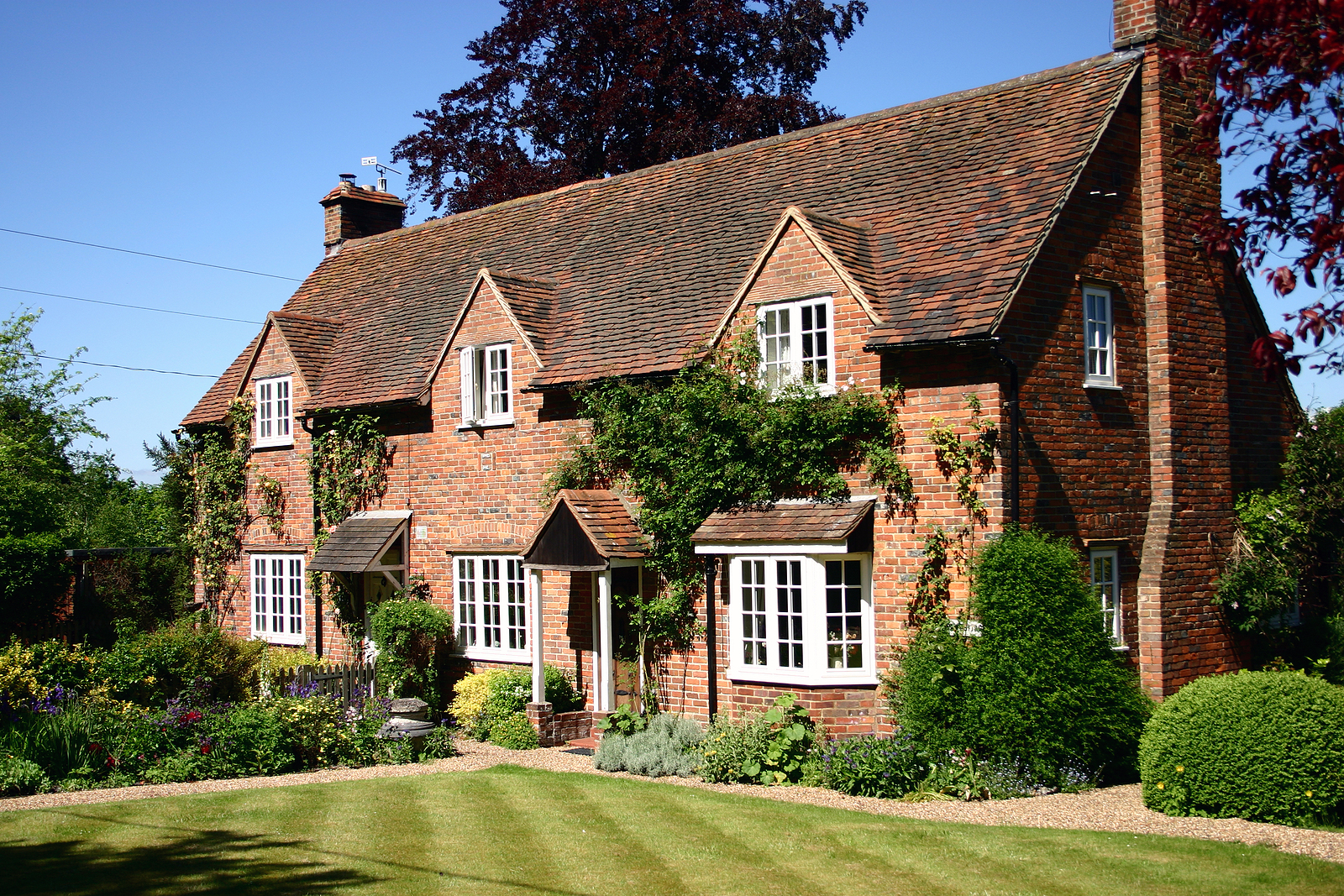
Frequently Asked Questions
How do I budget for a cottage-style home renovation?
To budget for a cottage-style renovation, you’ll need to set your renovation priorities first. Decide what’s essential, then focus on material selection to manage costs without compromising the charm and comfort of your space.
Can cottage style incorporate modern technology?
Yes, you can blend cottage style with modern technology. Incorporating smart lighting and energy-efficient appliances doesn’t compromise the cozy charm. It’s all about integrating these features subtly to enhance comfort without disrupting the aesthetic.
What Are Common Maintenance Challenges?
You’ll face common maintenance challenges like roof repairs and pest control. Keeping up with these issues helps guarantee your home stays cozy and safe, but it’s important to stay proactive to prevent bigger problems later on.
How do I secure financing for a cottage home?
To secure financing for your cottage home, explore various loan options and compare interest rates. You’ll need to research lenders, understand their terms, and determine what fits your budget best for a smooth financing process.
Are there cottage-style building regulations?
Yes, there are cottage style-specific building regulations. You’ll need to check local codes and make sure you’re in historical compliance, particularly in areas with strict preservation rules. It’s crucial to get this right from the start.
Conclusion
Now you’ve got the blueprint to craft your dream cottage-style home. Remember, it’s all about choosing a serene location, planning a cozy layout, and selecting materials that whisper ‘home.’ Immerse yourself in designing interiors that embrace comfort, bring in natural elements, and





